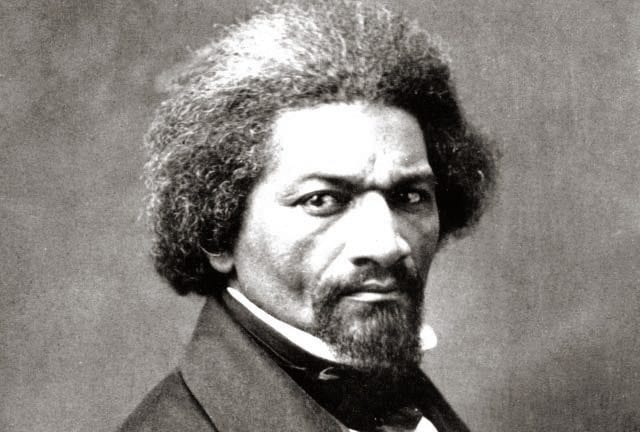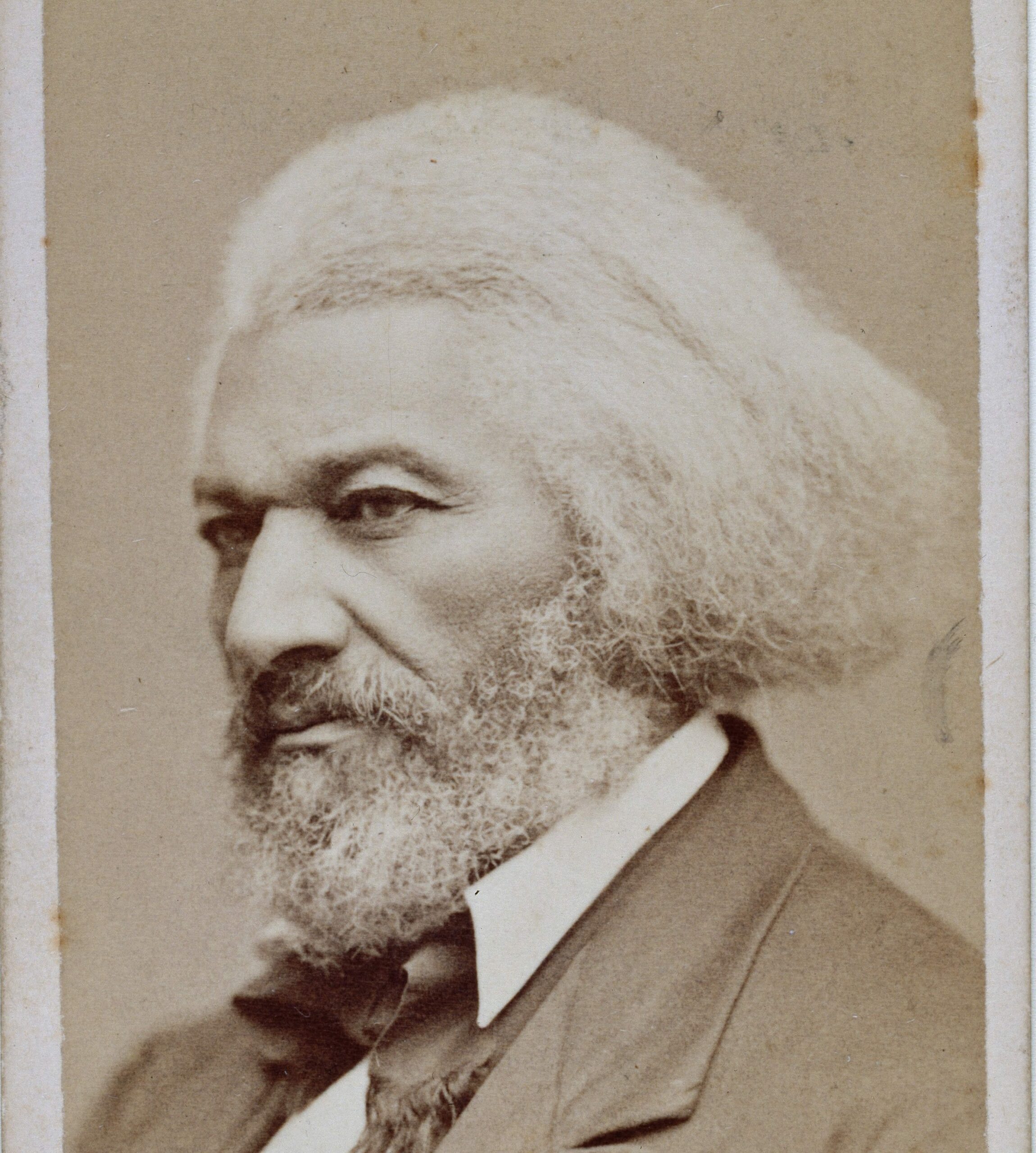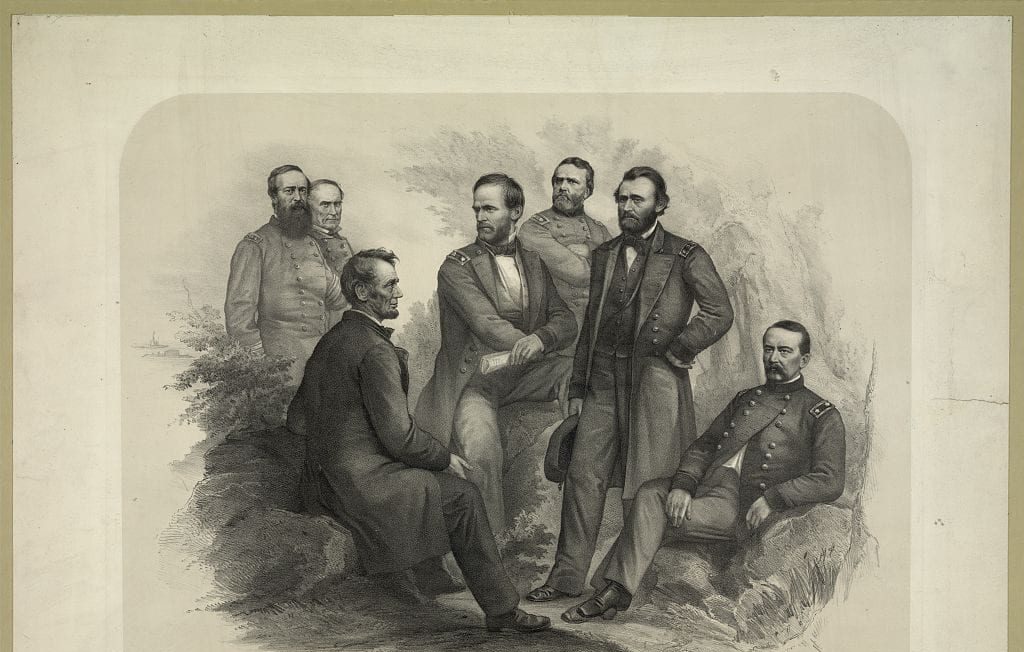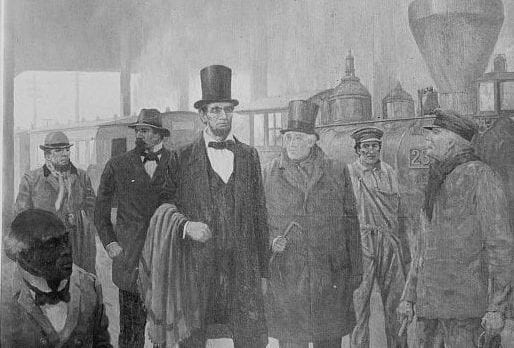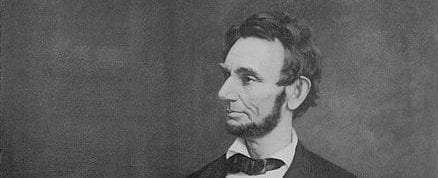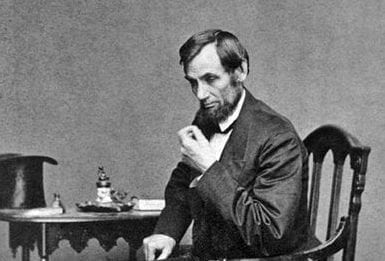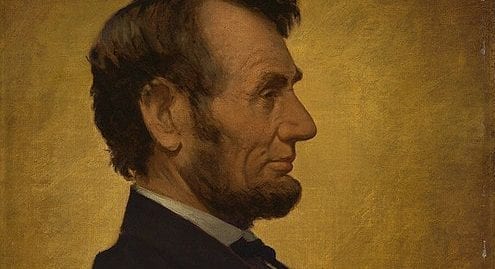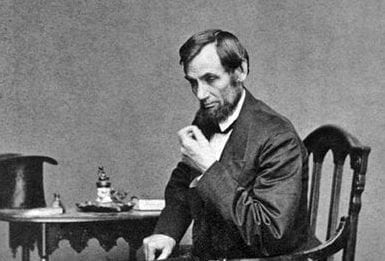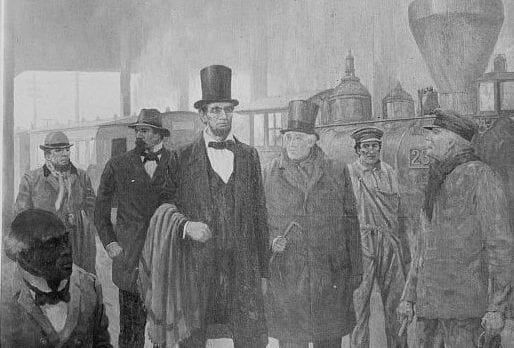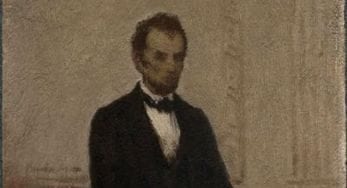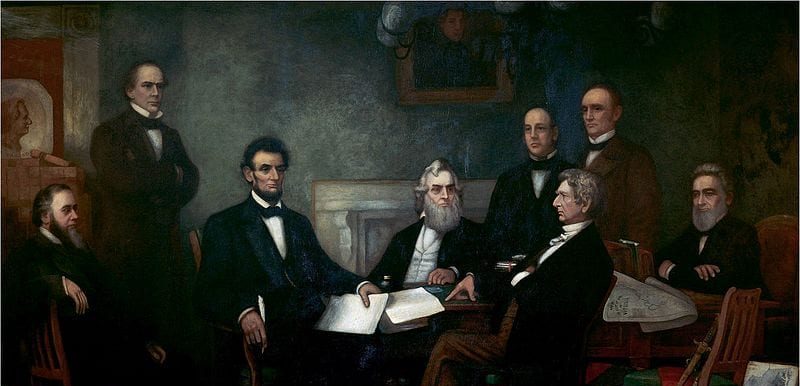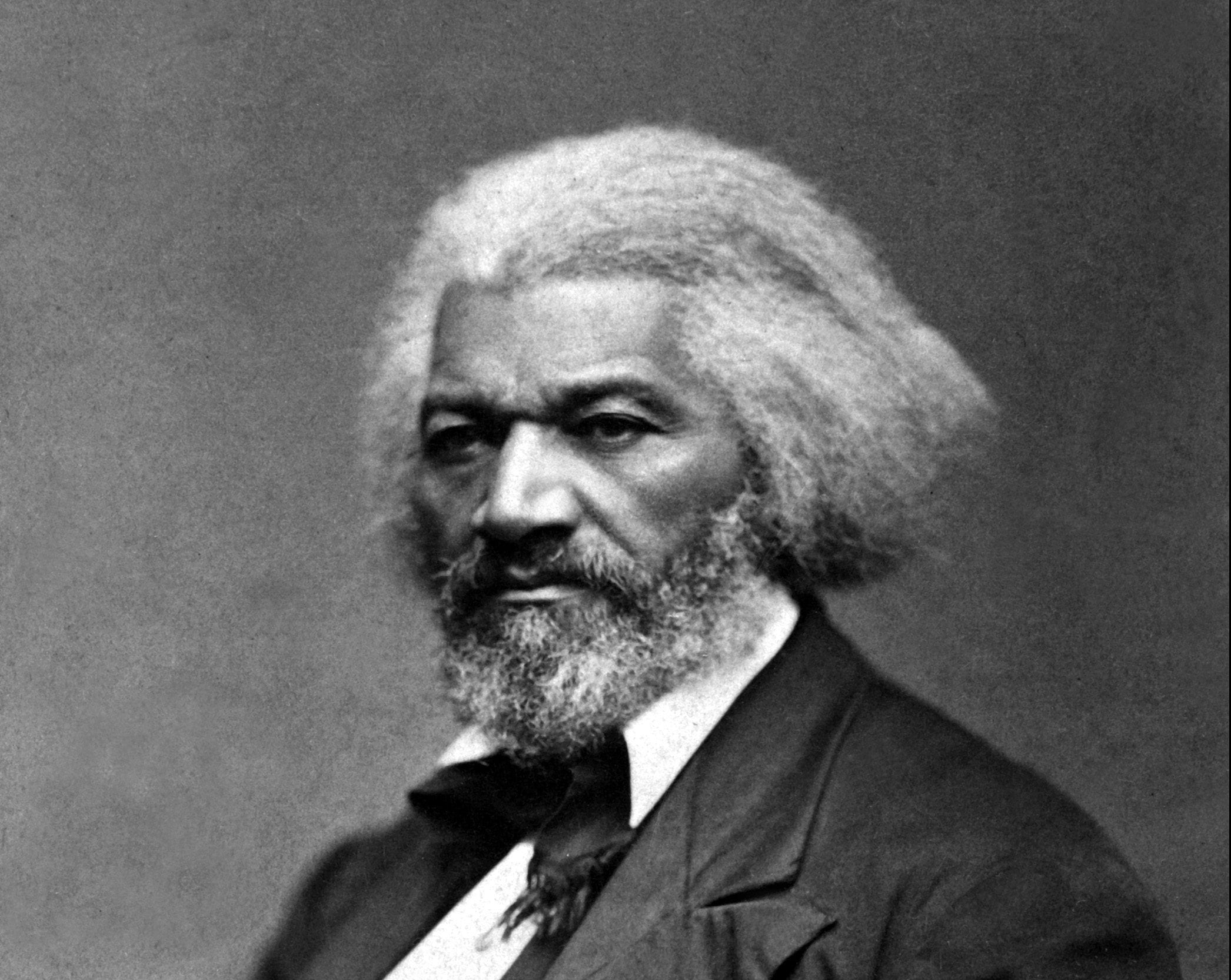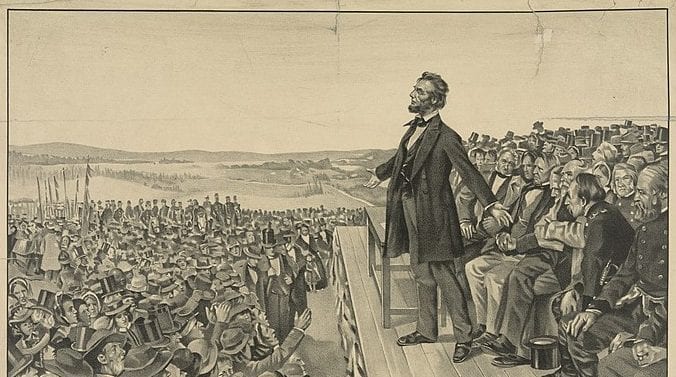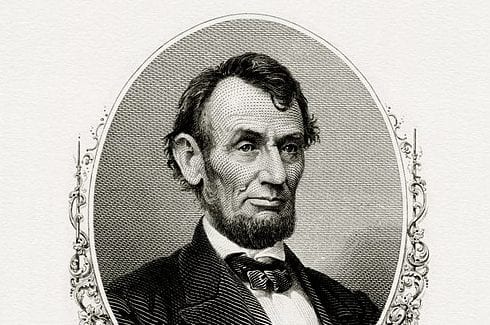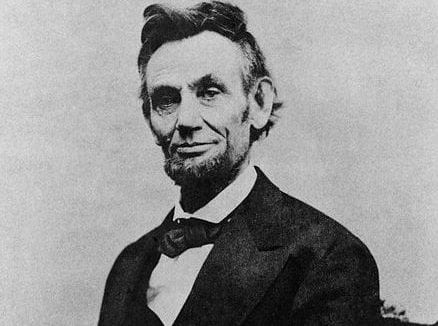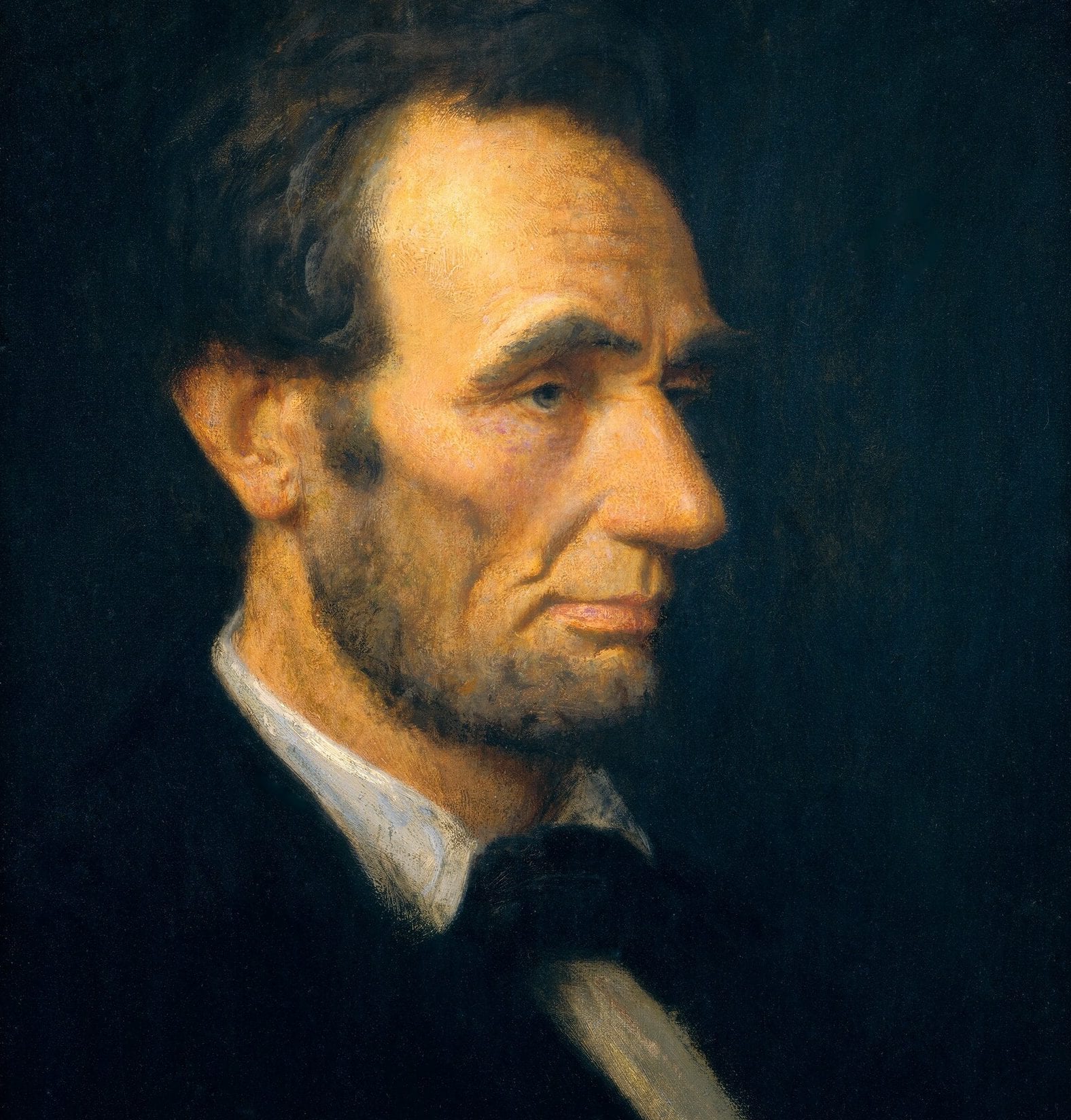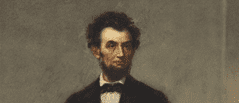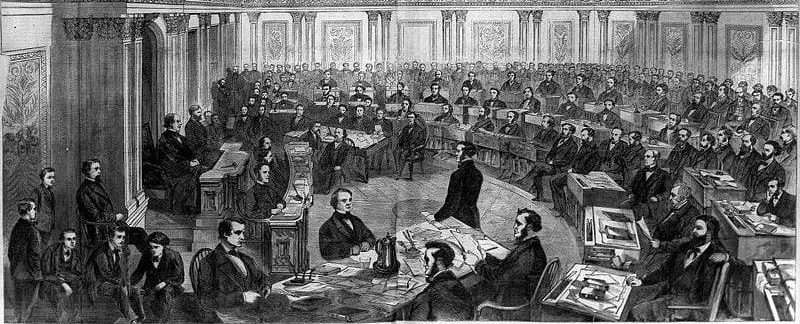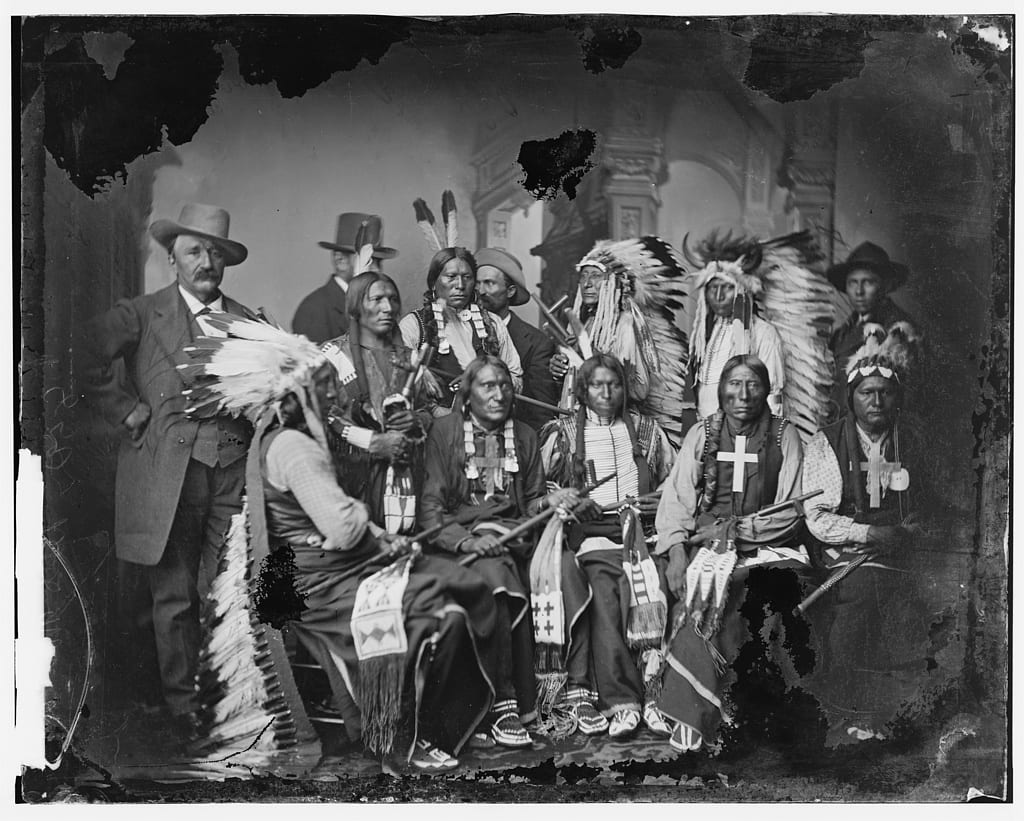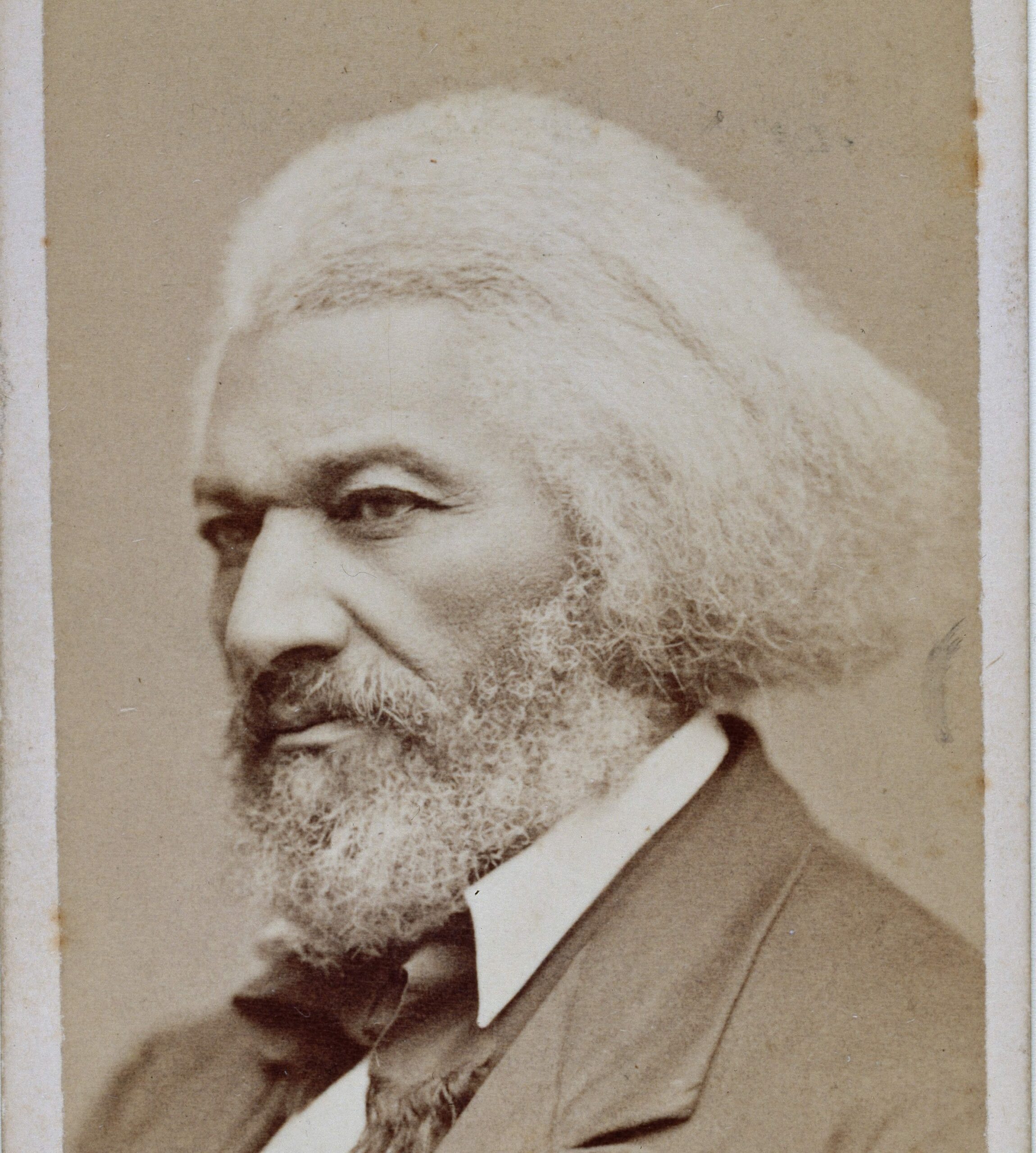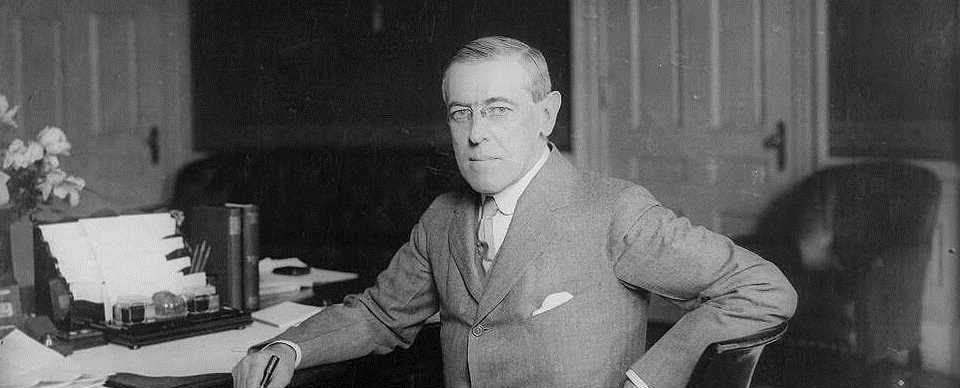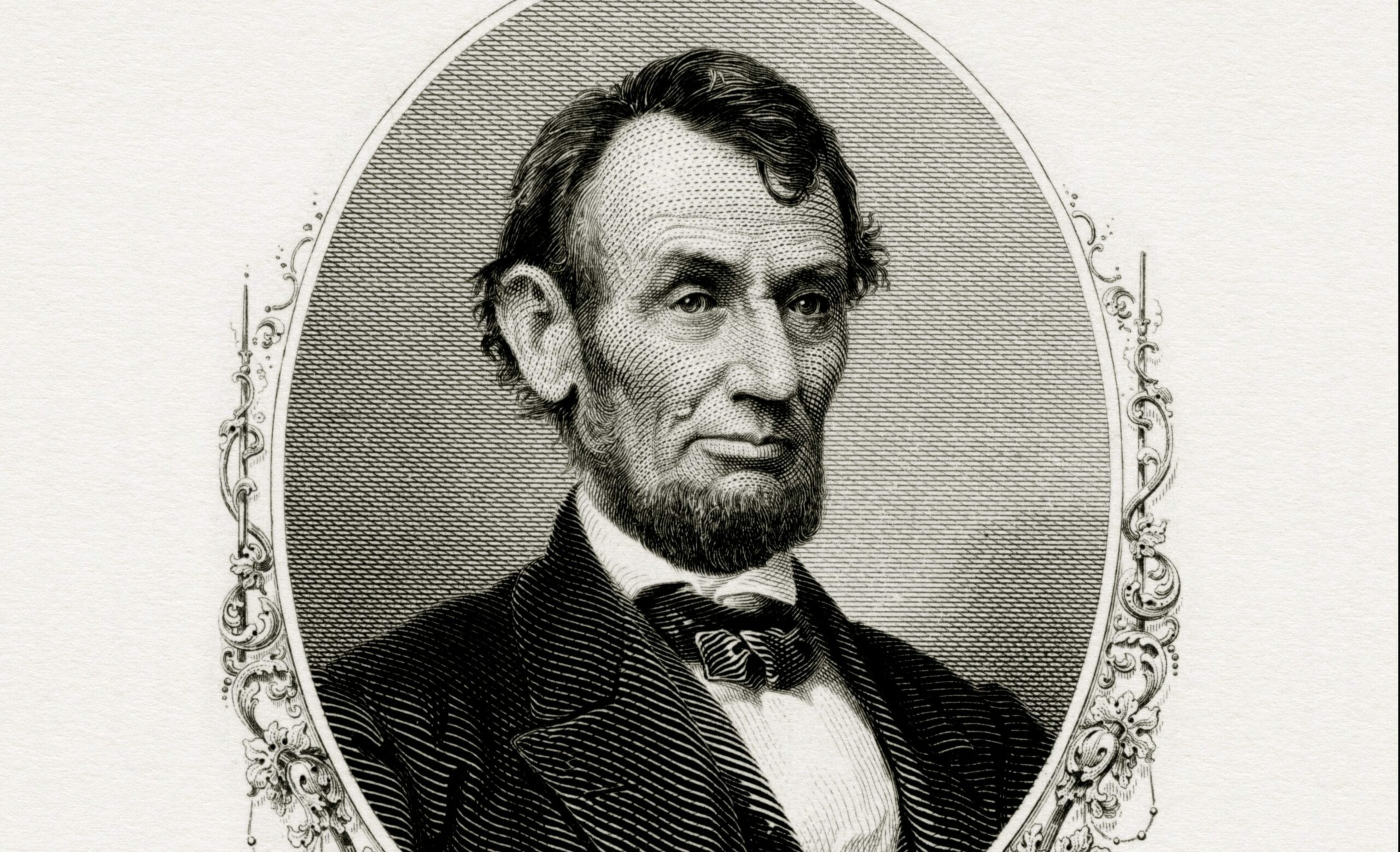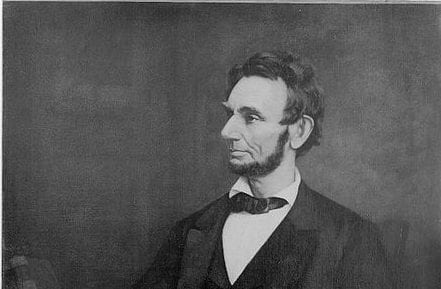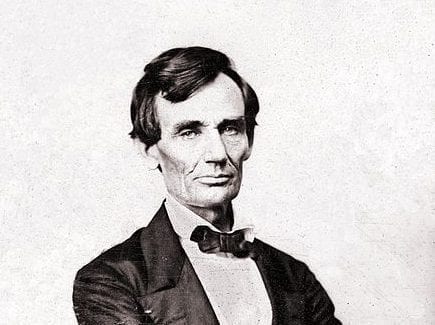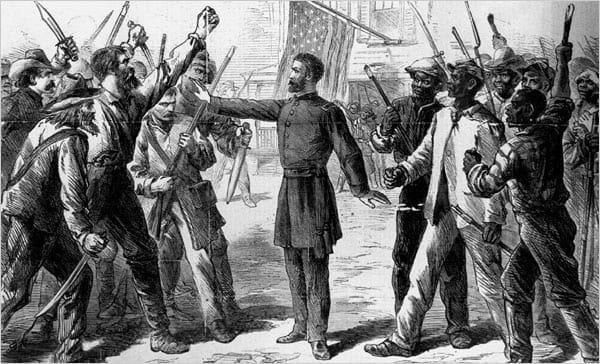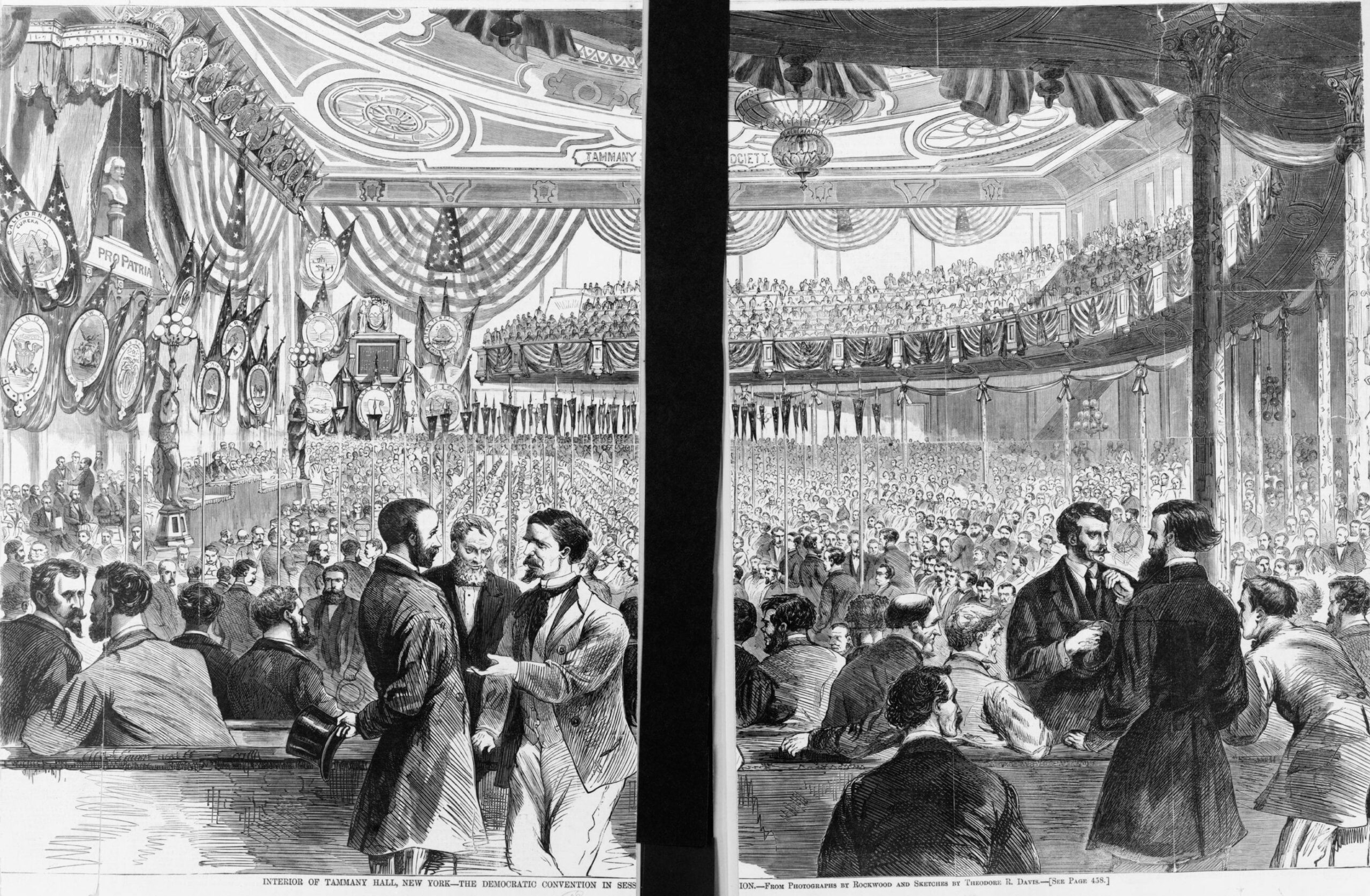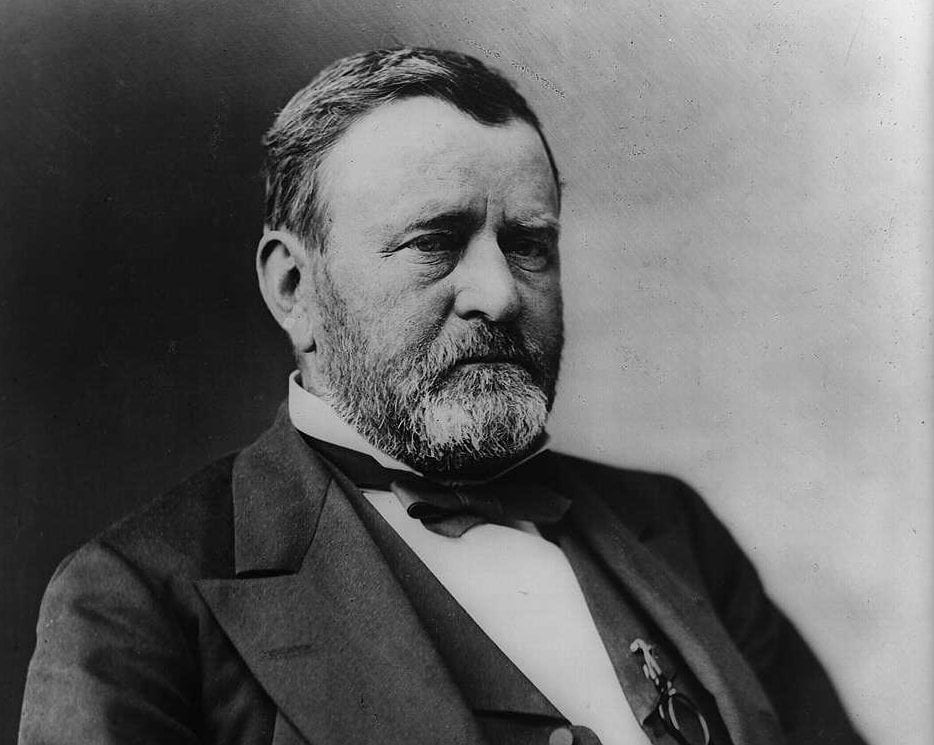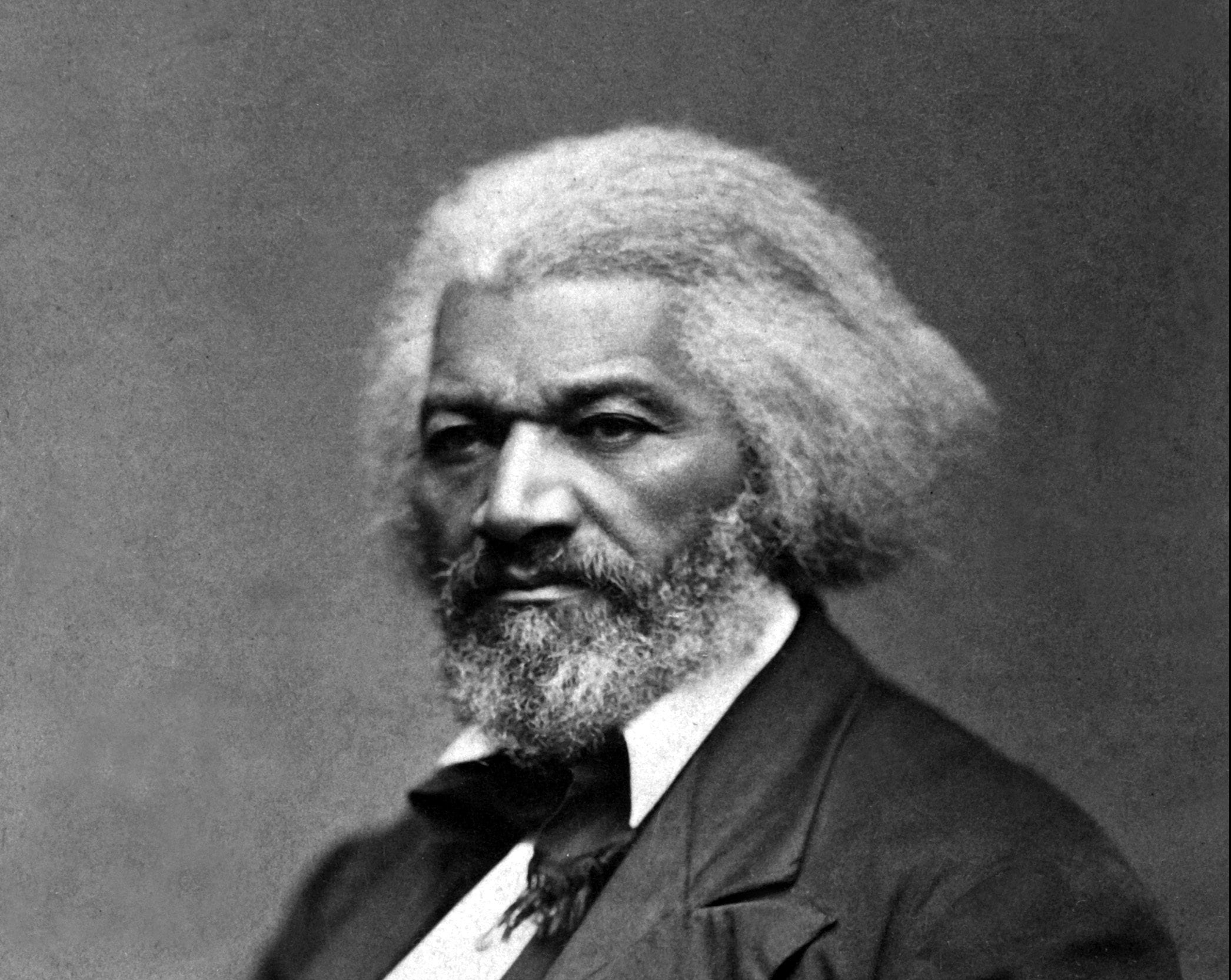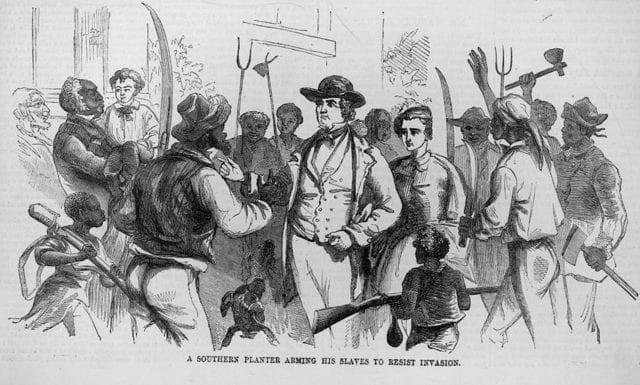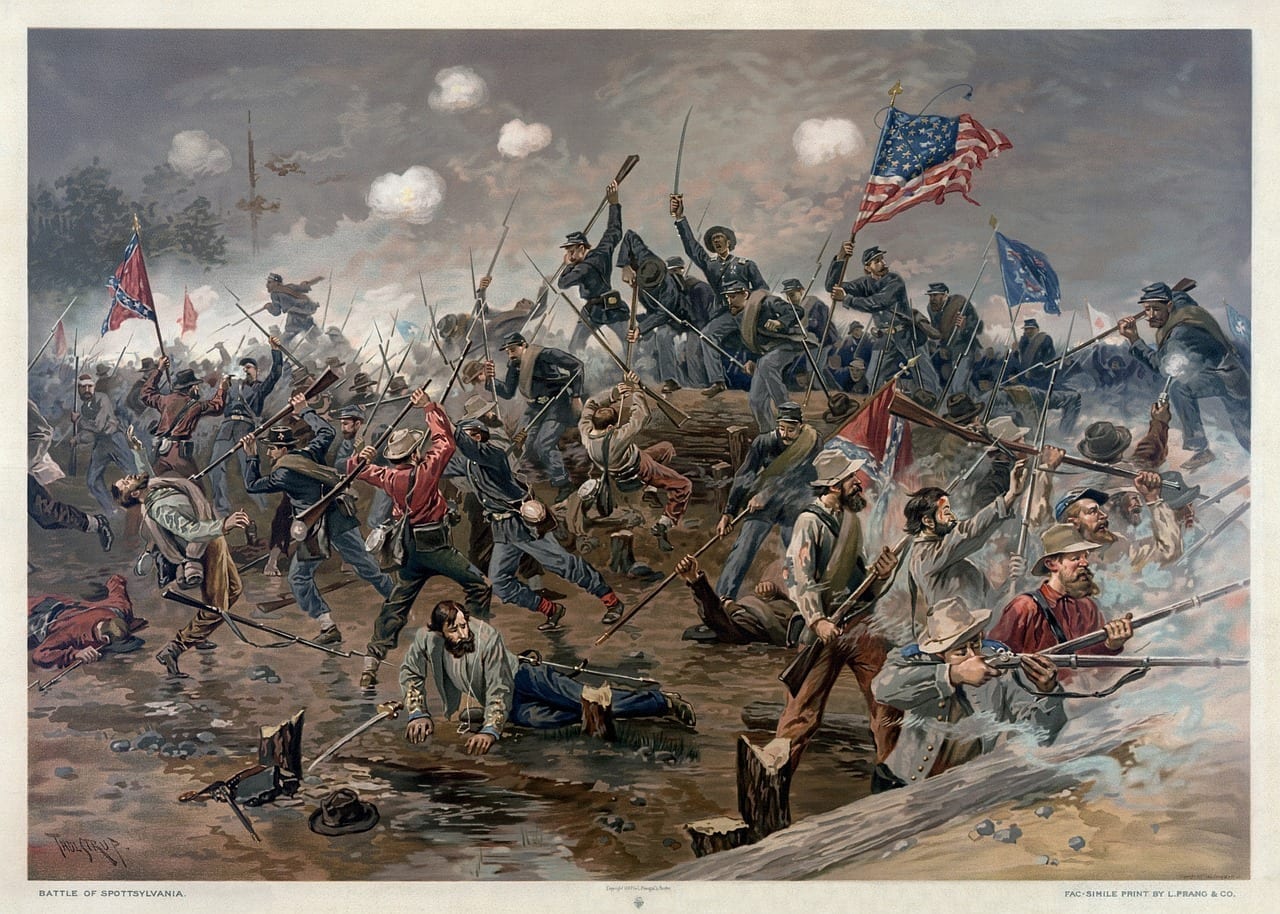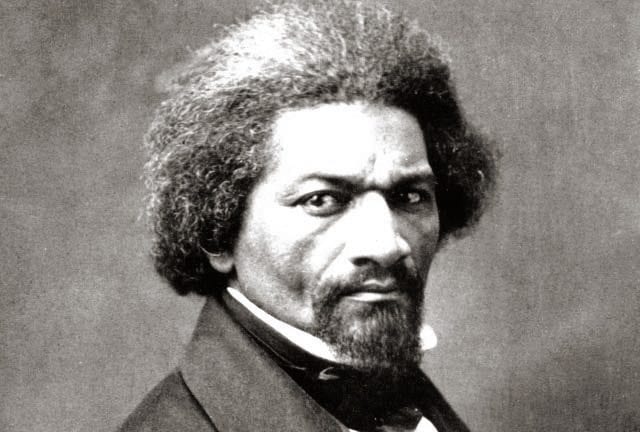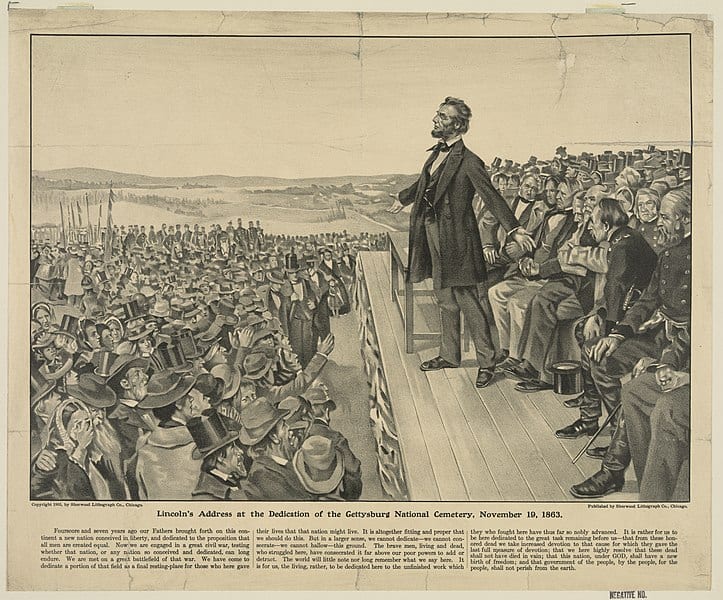
Introduction
Representatives of the National Woman Suffrage Association applied for but were denied permission to participate in the 1876 Independence Day ceremonies in Philadelphia, Pennsylvania. Determined that the event not proceed without some public notice of their cause, Susan B. Anthony and others organized a silent protest, walking across the speaker’s platform shortly after the Declaration of Independence was read. The women then left the platform and went to a prearranged location nearby, where the Declaration of Rights of the Women of the United States was read and distributed to a crowd of spectators.
Source: Elizabeth Cady Stanton, Susan B. Anthony, and Matilda Joslyn Gage, eds., History of Woman Suffrage, 6 vols., vol. 3 (New York: Fowler & Wells, 1881–1922).
While the nation is buoyant with patriotism, and all hearts are attuned to praise, it is with sorrow we come to strike the one discordant note, on this one-hundredth anniversary of our country’s birth. . . . Our faith is firm and unwavering in the broad principles of human rights proclaimed in 1776, not only as abstract truths, but as the cornerstones of a republic. Yet we cannot forget, even in this glad hour, that while all men of every race, and clime, and condition, have been invested with the full rights of citizenship under our hospitable flag, all women still suffer the degradation of disfranchisement.
The history of our country the past hundred years has been a series of assumptions and usurpations of power over woman, in direct opposition to the principles of just government, acknowledged by the United States as its foundation, which are:
First—The natural rights of each individual.
Second—The equality of these rights.
Third—That rights not delegated are retained by the individual.
Fourth—That no person can exercise the rights of others without delegated authority.
Fifth—That the non-use of rights does not destroy them.
And for the violation of these fundamental principles of our government, we arraign our rulers on this Fourth day of July, 1876, and these are our articles of impeachment:
Bills of attainder have been passed by the introduction of the word “male” into all the state constitutions, denying to women the right of suffrage, and thereby making sex a crime—an exercise of power clearly forbidden in Article I, sections 9 and 10, of the U.S. Constitution.
The writ of habeas corpus, the only protection against lettres de cachet[1] and all forms of unjust imprisonment, which the Constitution declares “shall not be suspended, except when in cases of rebellion or invasion the public safety demands it,” is held inoperative in every state of the Union, in case of a married woman against her husband—the marital rights of the husband being in all cases primary, and the rights of the wife secondary.
The right of trial by a jury of one’s peers was so jealously guarded that states refused to ratify the original Constitution until it was guaranteed by the Sixth Amendment. And yet the women of this nation have never been allowed a jury of their peers—being tried in all cases by men, native and foreign, educated and ignorant, virtuous and vicious. Young girls have been arraigned in our courts for the crime of infanticide; tried, convicted, hanged—victims, perchance, of judge, jurors, advocates—while no woman’s voice could be heard in their defense. . . .
Taxation without representation, the immediate cause of the rebellion of the colonies against Great Britain, is one of the grievous wrongs the women of this country have suffered during the century. Deploring war, with all the demoralization that follows in its train, we have been taxed to support standing armies, with their waste of life and wealth. Believing in temperance, we have been taxed to support the vice, crime, and pauperism of the liquor traffic. While we suffer its wrongs and abuses infinitely more than men, we have no power to protect our sons against this giant evil. During the temperance crusade, mothers were arrested, fined, imprisoned, for even praying and singing in the streets, while men blockade the sidewalks with impunity, even on Sunday, with their military parades and political processions. Believing in honesty, we are taxed to support a dangerous army of civilians, buying and selling the offices of government and sacrificing the best interests of the people. And, moreover, we are taxed to support the very legislators and judges who make laws, and render decisions adverse to woman. . . .
Unequal codes for men and women: held by law a perpetual minor, deemed incapable of self-protection, even in the industries of the world, woman is denied equality of rights. The fact of sex, not the quantity or quality of work, in most cases, decides the pay and position; and because of this injustice thousands of fatherless girls are compelled to choose between a life of shame and starvation. Laws catering to man’s vices have created two codes of morals in which penalties are graded according to the political status of the offender. Under such laws, women are fined and imprisoned if found alone in the streets, or in public places of resort, at certain hours. Under the pretense of regulating public morals, police officers seizing the occupants of disreputable houses, march the women in platoons to prison, while the men, partners in their guilt, go free. . . .
Special legislation for woman has placed us in a most anomalous position. Women invested with the rights of citizens in one section—voters, jurors, officeholders—crossing an imaginary line, are subjects in the next. In some states, a married woman may hold property and transact business in her own name; in others, her earnings belong to her husband. In some states, a woman may testify against her husband, sue, and be sued in the courts; in others, she has no redress in case of damage to person, property, or character. In case of divorce on account of adultery in the husband, the innocent wife is held to possess no right to children or property, unless by special decree of the court. But in no state of the Union has the wife the right to her own person, or to any part of the joint earnings of the co-partnership during the life of her husband. In some states women may enter the law schools and practice in the courts; in others they are forbidden. In some universities girls enjoy equal educational advantages with boys, while many of the proudest institutions in the land deny them admittance, though the sons of China, Japan, and Africa are welcomed there. But the privileges already granted in the several states are by no means secure. The right of suffrage once exercised by women in certain states and territories has been denied by subsequent legislation.[2] A bill is now pending in Congress to disfranchise the women of Utah, thus interfering to deprive United States citizens of the same rights which the Supreme Court has declared the national government powerless to protect anywhere.[3] Laws passed after years of untiring effort, guaranteeing married women certain rights of property, and mothers the custody of their children, have been repealed in states where we supposed all was safe. Thus have our most sacred rights been made the football of legislative caprice, proving that a power which grants as a privilege what by nature is a right, may withhold the same as a penalty when deeming it necessary for its own perpetuation.
Representation of woman has had no place in the nation’s thought. Since the incorporation of the thirteen original states, twenty-four have been admitted to the Union, not one of which has recognized woman’s right of self-government. On this birthday of our national liberties, July Fourth, 1876, Colorado, like all her elder sisters, comes into the Union with the invidious word “male” in her constitution.
Universal manhood suffrage, by establishing an aristocracy of sex, imposes upon the women of this nation a more absolute and cruel despotism than monarchy; in that, woman finds a political master in her father, husband, brother, son. The aristocracies of the Old World are based upon birth, wealth, refinement, education, nobility, brave deeds of chivalry; in this nation, on sex alone; exalting brute force above moral power, vice above virtue, ignorance above education, and the son above the mother who bore him.
The judiciary above the nation has proved itself but the echo of the party in power, by upholding and enforcing laws that are opposed to the spirit and letter of the Constitution. When the slave power was dominant, the Supreme Court decided that a black man was not a citizen because he had not the right to vote;[4] and when the Constitution was so amended as to make all persons citizens, the same high tribunal decided that a woman, though a citizen, had not the right to vote.[5] Such vacillating interpretations of constitutional law unsettle our faith in judicial authority, and undermine the liberties of the whole people.
These articles of impeachment against our rulers we now submit to the impartial judgment of the people. To all these wrongs and oppressions woman has not submitted in silence and resignation. From the beginning of the century, when Abigail Adams, the wife of one president and mother of another, said, “We will not hold ourselves bound to obey laws in which we have no voice or representation,”[6] until now, woman’s discontent has been steadily increasing, culminating nearly thirty years ago in a simultaneous movement among the women of the nation, demanding the right of suffrage.[7] In making our just demands, a higher motive than the pride of sex inspires us; we feel that national safety and stability depend on the complete recognition of the broad principles of our government. Woman’s degraded, helpless position is the weak point in our institutions today; a disturbing force everywhere, severing family ties, filling our asylums with the deaf, the dumb, the blind; our prisons with criminals, our cities with drunkenness and prostitution; our homes with disease and death. It was the boast of the founders of the republic, that the rights for which they contended were the rights of human nature. If these rights are ignored in the case of one-half the people, the nation is surely preparing for its downfall. Governments try themselves. The recognition of a governing and a governed class is incompatible with the first principles of freedom. Woman has not been a heedless spectator of the events of this century, nor a dull listener to the grand arguments for the equal rights of humanity. From the earliest history of our country woman has shown equal devotion with man to the cause of freedom, and has stood firmly by his side in its defense. Together, they have made this country what it is. Woman’s wealth, thought, and labor have cemented the stones of every monument man has raised to liberty.
And now, at the close of a hundred years, as the hour-hand of the great clock that marks the centuries points to 1876, we declare our faith in the principles of self-government; our full equality with man in natural rights; that woman was made first for her own happiness, with the absolute right to herself—to all the opportunities and advantages life affords for her complete development; and we deny that dogma of the centuries, incorporated in the codes of all nations—that woman was made for man—her best interests, in all cases, to be sacrificed to his will. We ask of our rulers, at this hour, no special favors, no special privileges, no special legislation. We ask justice, we ask equality, we ask that all the civil and political rights that belong to citizens of the United States be guaranteed to us and our daughters forever.
Annual Message to Congress (1876)
December 05, 1876
Conversation-based seminars for collegial PD, one-day and multi-day seminars, graduate credit seminars (MA degree), online and in-person.


